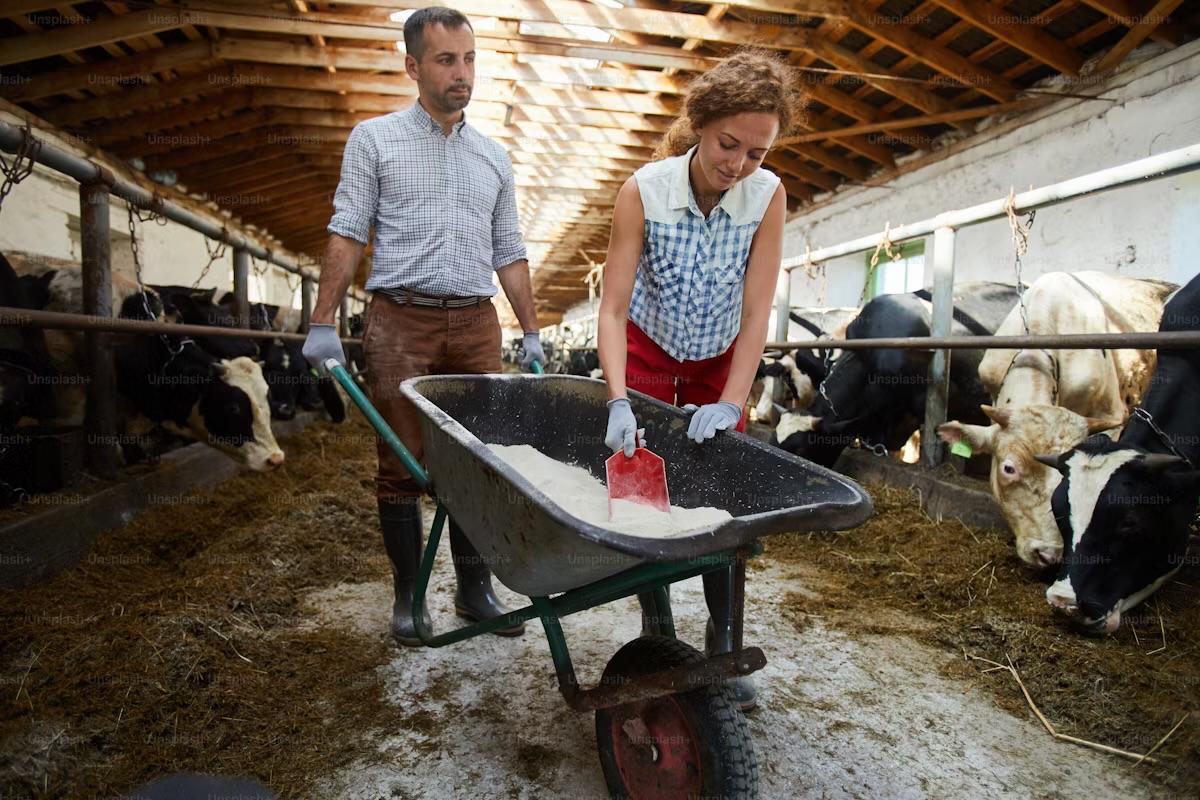808

Romania’s Food Processing Industry: A Key Pillar of the National Agri-Food Chain
The food processing industry in Romania is one of the most important links in the national agri-food chain. Local processors transform Romanian raw materials—milk, meat, vegetables, and fruits—into finished products that reach our tables. Behind every Romanian product lies an active economic network: employees, taxes, contributions, and investments in local communities.
A Romanian food processor means more than just a factory. It means:
- Salaries paid in Romania
- Taxes collected by the Romanian state
- Investments in local infrastructure and technology
- Support for Romanian farmers through direct purchases of raw materials
Beyond their fiscal contribution, local processors also help build a circular economy. Many businesses are vertically integrated—from primary production to distribution—which means added value remains in the country and dependency on imports is reduced.
According to data from the National Institute of Statistics (INS), Romania’s food industry includes over 10,000 active units and employs more than 180,000 people. In many regions, processors are among the largest employers and contributors to local budgets.
Supporting Romanian processors goes beyond brand loyalty—it’s a simple yet impactful way to support the national economy: by choosing Romanian products from the shelf.
(Photo: Pixabay)




